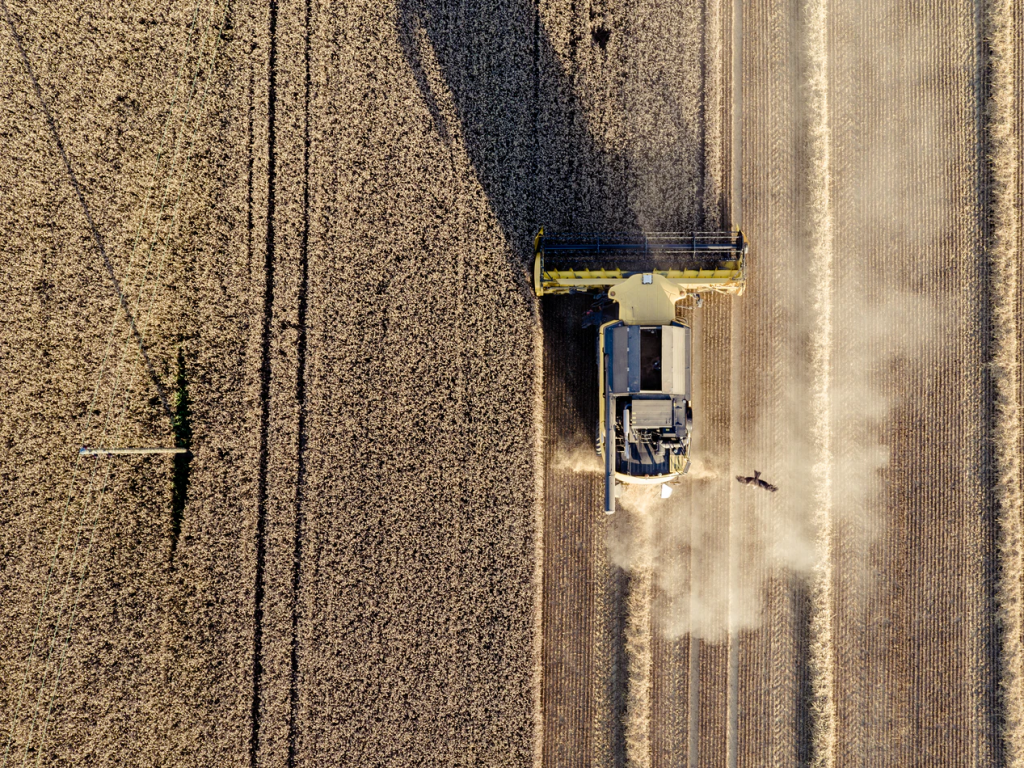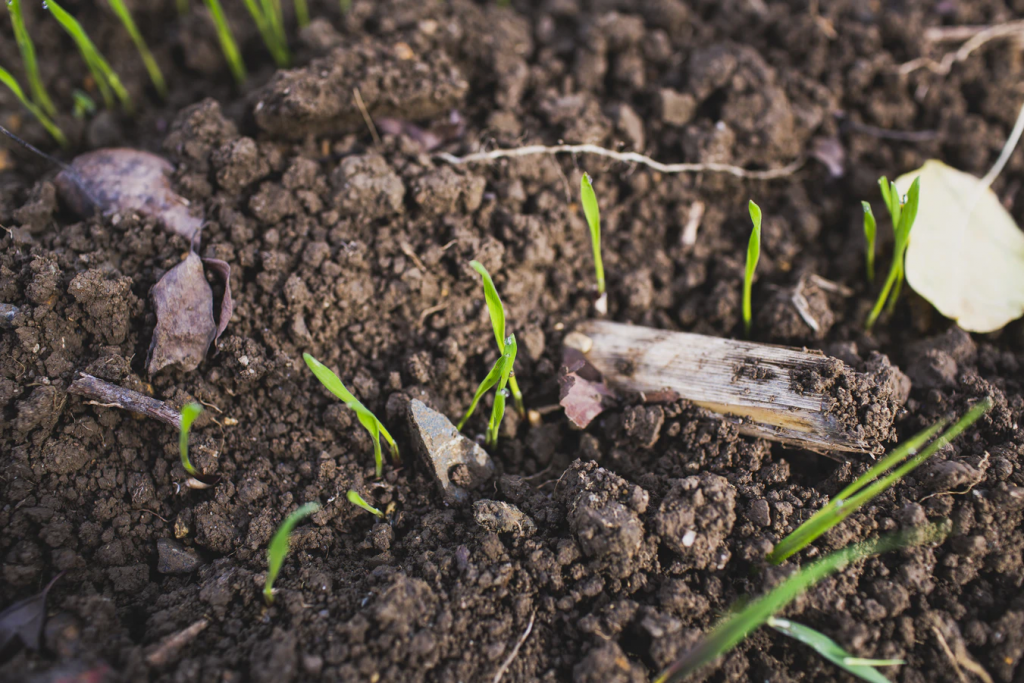
The rise in technology has seen advancements in several industries across the globe and the agricultural industry is no exception. Technology has helped evolve farming methods and refine them into highly sophisticated ways of working.
There are specific technologies that have contributed to the development of the agricultural industry and this article is going to explore those key technologies and how they have transformed and revolutionized the world of farming.
1. The Impact Of GPS
A prominent technological advancement in the world of farming has been the widespread use of GPS technology in tractors and other farming machines. For those not familiar with the farming world, it might be easy to dismiss the impact of a GPS, however, this combined with automatic steering has led to maximized efficiency when it comes to planting seeds and fertilizers. This efficiency reduces wasted time, costs, and more.
Having a GPS that can provide exact information on any location is a real game-changer in the agricultural realm and it goes beyond the use of just tractors. For instance, they can be used as a GPS receiver that has programmed specific positions in a field to collect soil samples. These soil samples are then used to create a fertility map which farmers can refer to in ensuring the right amount of fertilizer for each area of their field. Typically, a variable-rate technology fertiliser dispenses fertilizer in varying amounts depending on how much is needed and where.
2. Mechanization Reducing Labor
Technology has led to the creation of highly efficient mechanization that reduces the need for physical labor. Machinery such as tractors, combines, feeders, and more have all become revolutionized by technology. For example, no longer do farmers have to milk cows as there is a technology that has created a robotic system for doing this. The automation of bag filling and robotic palletizing has significantly reduced labor, and at hsautomation.com, you can even personalize these systems for your own production needs. Bag filling, closing, and grain processing used to be incredibly laborious work and now mechanization has helped to refine and ease the process.

3. Agricultural Drones
Agricultural drones have proven to be very helpful in several ways, for example, crop monitoring and spraying, fertility mapping, livestock monitoring, and general treating of crops. The drones offer many advantages to the agricultural world but their most useful asset is that they create multispectral images of farming land and crops, and these are then used to assess the health of the crop. Should anything be wrong with crops or plants, then farmers can act with precision at pin-point the exact location of where they need to apply the treatment. This precision is invaluable to farmers.
4. The Use Of Sensors
Location sensors are incredibly useful as they can monitor things such as soil temperature, soil health, and even the levels of humidity. They provide critical information on the levels of moisture in the soil and organic matter.
With easy access to this vital information, farmers are then able to adapt and work on specific areas of concern. Optical sensors are very helpful in determining plant health and soil data. Having access to both of these sensors saves time and enables farmers to act quickly and efficiently when it comes to tackling any health-related problems for the crops.
 5. The Rise Of Smart Farming
5. The Rise Of Smart Farming
The term smart farming is a relatively new one, it is essentially an all-encompassing term for each of the technologies we have just explored. Smart farming uses technological advancements and contemporary information to optimize efficiency and create more opportunities for the agricultural realm. Farmers and agricultural workers alike now have access to technologies that reduce their workload, provide better precision, prevention for disease, and improve decision making.
Additionally, all of these technologies act to reduce costs, and so while investing in technology might seem expensive at first, it saves money in the long run. The impact of smart farming is profound and has increased the demand for agricultural technicians’ jobs so that we can keep advancing and improving the way that farmers work.
Technology has permeated all walks of life, and while there are pros and cons in everything, the use of specific technologies in agriculture has brought around some incredible advancements in the industry. The speed at which technology continues to develop is impressive and no doubt will this reflect in the agricultural world as more and more technologies will be adopted and adapted for the continuous optimization of agricultural and farming developments.


